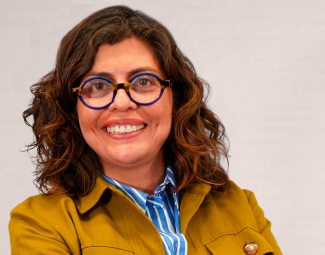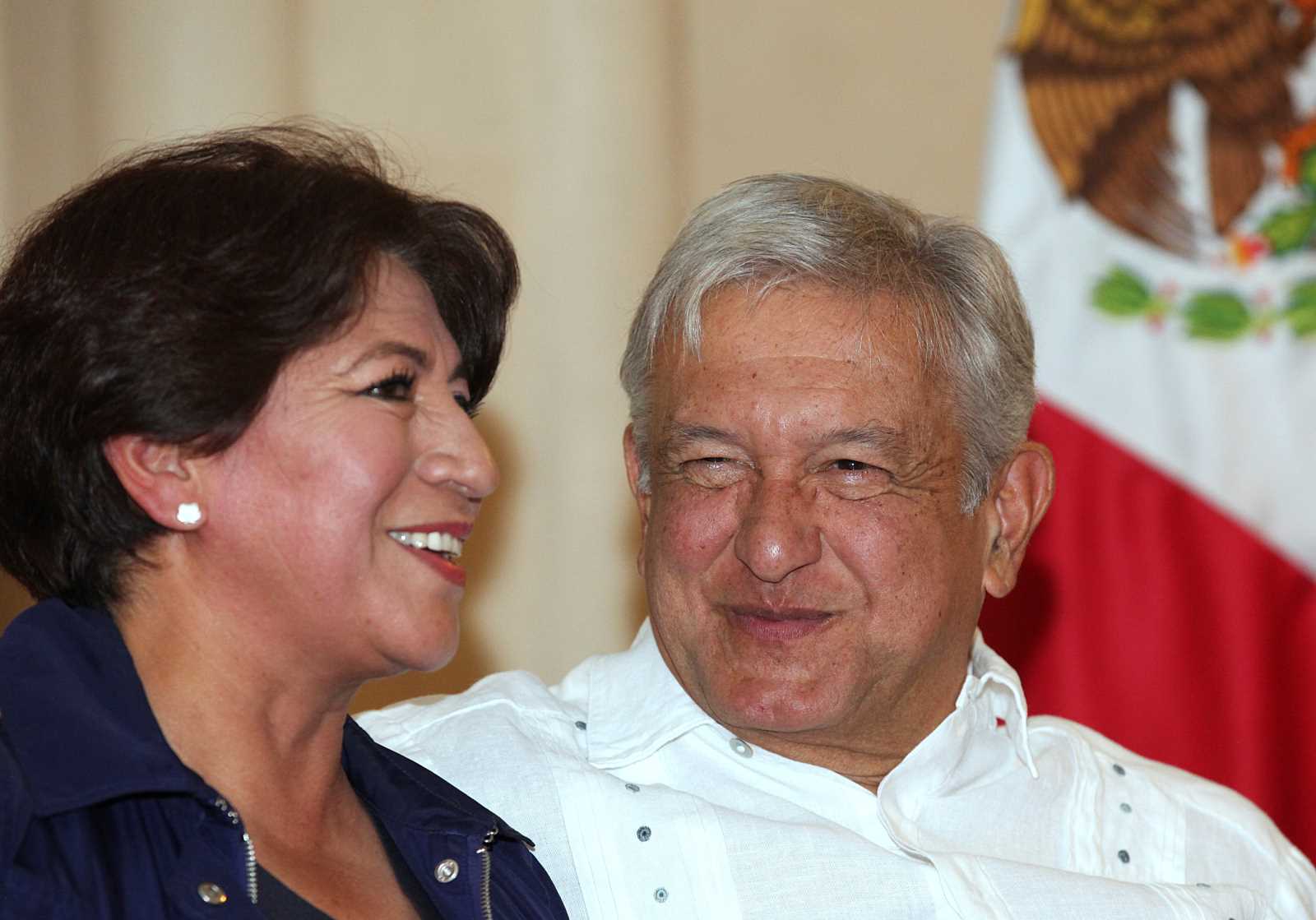Women's rights activists
“We have taken several transnational corporations to court”

This article is part of a series featuring interviews with women’s rights advocates from around the world. They share their personal stories and the successes of women’s rights movements in their countries.
How do you advocate for women’s rights and what motivates you?
I am a feminist lawyer and human-rights defender from Mexico, founder and executive director of Proyecto de Derechos Económicos, Sociales y Culturales (ProDESC) and the Initiative for Transnational Justice (IJT). At ProDESC, we support migrant and indigenous communities, women working in agriculture and in precarious industrial sectors. We aim to achieve fair working conditions, ensure access to land and to natural resources and combat systemic violence and exploitation. We also hold corporations to account when rights are violated: We have taken several transnational corporations to national and international accountability mechanisms. ProDESC combines community organising, corporate research, human-rights litigation and advocacy. For my work, I have been named one of the most influential women in Latin America by Forbes and El País. What motivates me are the countless women who struggle with resilience and inspire change – but whose voices remain unheard.
What are the challenges faced by women in Mexico today?
There is deep-seated gender inequality and a lot of structural violence. Economic disparities are huge: women are over-represented in precarious and informal labour markets, often working without adequate pay, social protection or legal recognition. Indigenous and rural women face even greater barriers, fewer opportunities and less access to resources, increasing their vulnerability. Gender-based violence is another serious problem, with alarmingly high rates of femicide. Many cases remain unresolved or even unaddressed, giving perpetrators impunity and leaving women in constant danger. Limited political representation exacerbates these challenges. Decision-making positions are still dominated by men, despite the fact that we have the first female president in our history. This limits women’s influence on policies that directly affect them. Access to justice is particularly poor for women from marginalised communities. Legal mechanisms to defend their rights are often inaccessible, perpetuating inequality and injustice. ProDESC has witnessed this through its accompaniment of maquila workers who work in the huge textile factories, day labourers, temporary migrant workers, artisans, sex workers, delivery workers and workers in the gig economy, as well as community leaders.
What has the women’s-rights movement in Mexico achieved so far?
There have been significant legislative reforms, including the General Law on Women’s Access to a Life Free from Violence and the recent constitutional reform package on Substantive Equality, which aims to reduce the gender wage gap. These measures are an important step in addressing violence against women. In the area of labour rights, advocacy efforts have resulted in increased protection for women, particularly in the informal sector, and the establishment of the national care system reflects a growing recognition of their contributions. Public awareness and advocacy campaigns have brought pressing issues such as discrimination in the workplace and gender-based violence into the national debate. The National Coordination of Women Labour Rights Defenders, an association of collectives advised by ProDESC, has documented these efforts. However, enforcement remains inconsistent and many of these reforms exist only on paper. Violence and impunity are on the rise, while economic inequalities keep many trapped in cycles of poverty and exploitation. The road to full justice and equality remains a daunting challenge.
Alejandra Ancheita is a feminist lawyer and human-rights defender from Mexico, founder and executive director of Proyecto de Derechos Económicos, Sociales y Culturales (ProDESC) and the Initiative for Transnational Justice (IJT).
alejandra@prodesc.org.mx
ProDESC: https://prodesc.org.mx/en/home-english/













